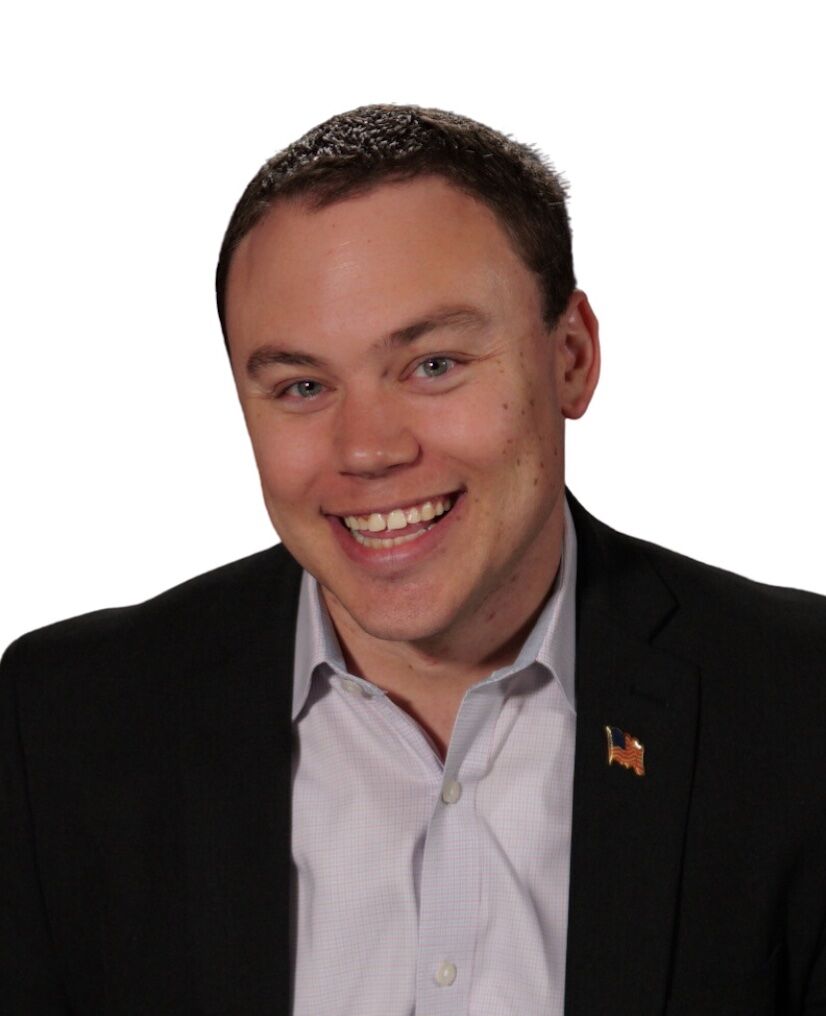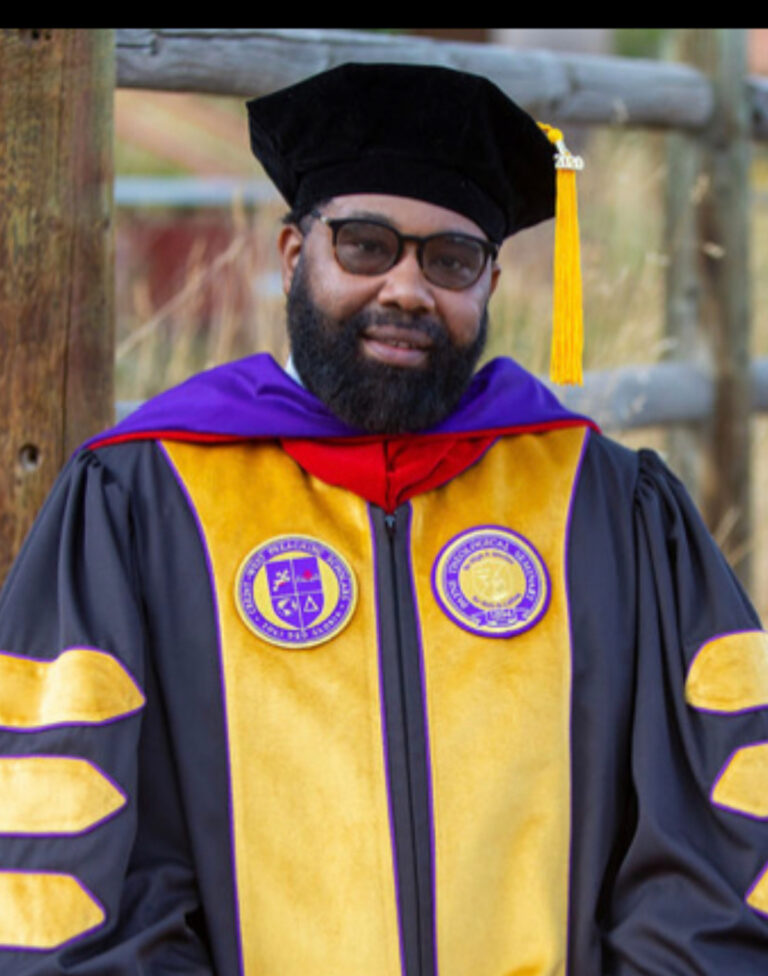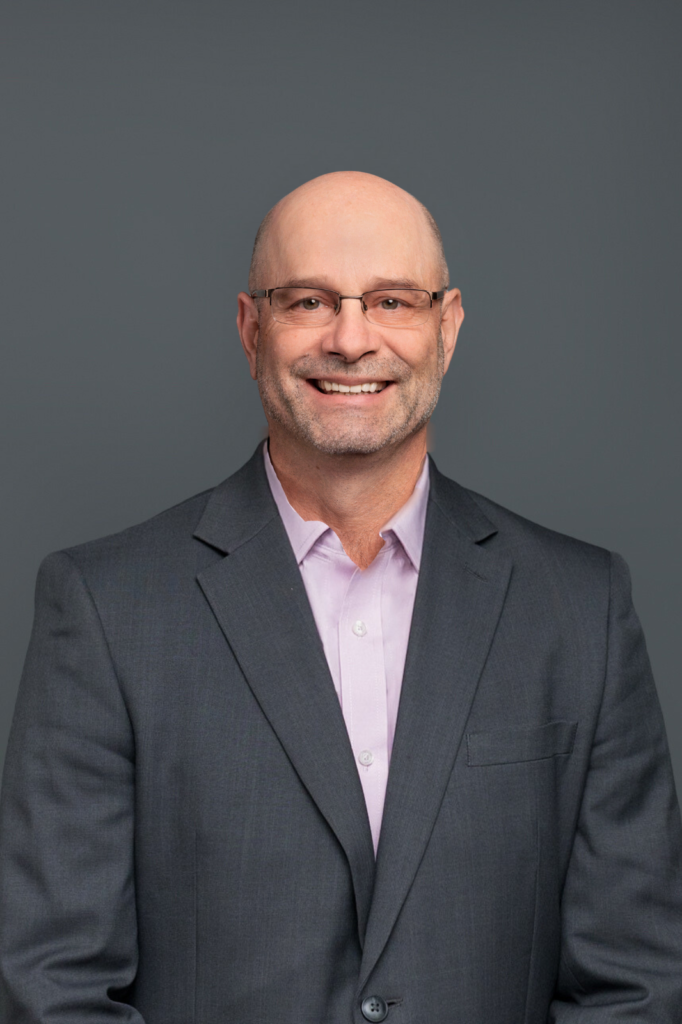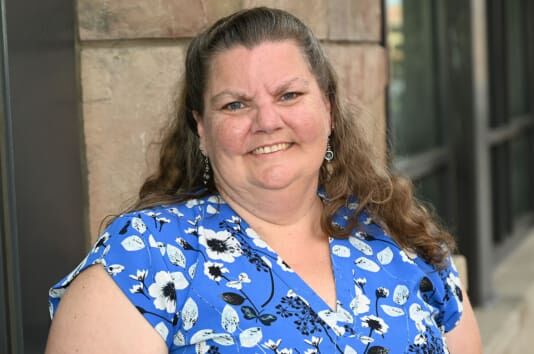CIRULI: Higher education is in political trouble
Higher education is facing turbulent times. It must navigate tight budgets, high prices, enrollment shortfalls and sky-rocketing student debt.
Since the Great Recession, state budgets for public higher education institutions have declined by 16 percent per student, and during the past decade, tuition at four-year colleges and universities nationally has gone up 35 percent by almost $2,500.
In Colorado, the triumvirate of the recession, TABOR limits and competing state budget interests has caused tuition increases of 63 percent since 2008. And, without other recourse, students have made up the difference by going into debt, which has increased by 59 percent since 2000.
Private schools face their own budget demands, leading to dramatic tuition increases and piles of student debt. A single year in a private college can easily cost $40,000, relieved by some grants and student aid, but still requiring loans in most cases.
The financial surge has translated into an enrollment crises. Large percentages of the population are beginning to question the value of a four-year degree. A recent Wall Street Journal/NBC News poll shows only half of the public believes “a four-year degree is worth the cost because people have a better chance to get a good job and earn more money over their lifetime.” And 47 percent said it wasn’t worth it “because people often graduate without specific job skills and with a large amount of debt to pay off.” Among Millennials, 57 percent said it wasn’t worth it. That reflects an increase of 19 points from Millennials who said a degree wasn’t worth the cost just four years ago.
Addressing higher education budget and enrollment problems is compounded by political divisions.
In a 2016 survey in the Denver metro area conducted by Ciruli Associates, the University of Denver (DU) received a 41 percent “very favorable” rating, followed closely by the University of Colorado (CU) with a 37 percent “very favorable” rating. The total favorability ratings (combining “very” and “somewhat” favorable) were 74 percent and 73 percent, respectively – a good showing. But Republicans rated the universities less favorably than Democrats. The survey showed an 8 percent difference among Democrats and Republicans in rating DU favorably, and 9 percent difference between the parties on rating CU.
The local partisan trend was recently confirmed in a national poll. A 2017 Pew Research poll shows a 6-point drop in favorability ratings of higher education since 2010, and a 10 point increase in negative ratings, mostly due to declines in favorability among Republicans. Most ominously, Republican favorability dropped 18 points in the last two years and is now in negative territory (36% favorable to 58% unfavorable).
Additional studies from Pew Research and Gallup reinforce the growing threat to higher education from the polarized public perception. Pew shows that Republicans rate professors lower in favorability than those in other professions. When comparing professions with a “feeling thermometer,” Pew results showed that teachers and police officers have warmer ratings than professors (teachers 78%, police 67%, professors 58%). Republicans are especially colder in their rating of professors than Democrats by a 25-point difference (46% Republican, 71% Democrat) in the feeling thermometer ratings.
Gallup probed why people have critical views of colleges and universities, and the differences are significant between parties. Republicans are more likely to cite political concerns and Democrats more economic concerns.
In a report recently published by the Crossley Center for Public Opinion Research at the University of Denver, the following observation summed up the challenge:
News organizations have reported numerous stories with a negative slant toward higher education in recent years. The high cost of college, student debt loads and low graduation rates have been well covered. Recently, and of more interest to Republicans, have been stories frequently reported in conservative news sites of campus disruptions, takeovers of administrator’s offices, student protests of conservative speakers and an assertion of weak faculty and administrative responses.
Restoration of public confidence in higher education will require a significant effort. Placing visible Republicans in president or chancellor roles at universities is not enough. Bruce Benson has headed up CU for a decade and has frequently spoken up for ideological balance and freedom of speech on campus. In fact, Benson created a center of Western Civilization, which sponsors events that “showcase respectful, intelligent dialogue.” But incidents on campuses around the country can affect local public opinion.
The need for a highly educated populace is increasing and the value of Colorado’s renowned higher education institutions is undeniable. But, to break though traditional and social media dissonance, educational leaders must band together and seize regional and national attention to re-establish the value of a degree, and in today’s polarized environment, re-assert their commitment to academic freedom, broad and full discussion of ideas and an educational experience that challenges students and doesn’t just cocoon them.











